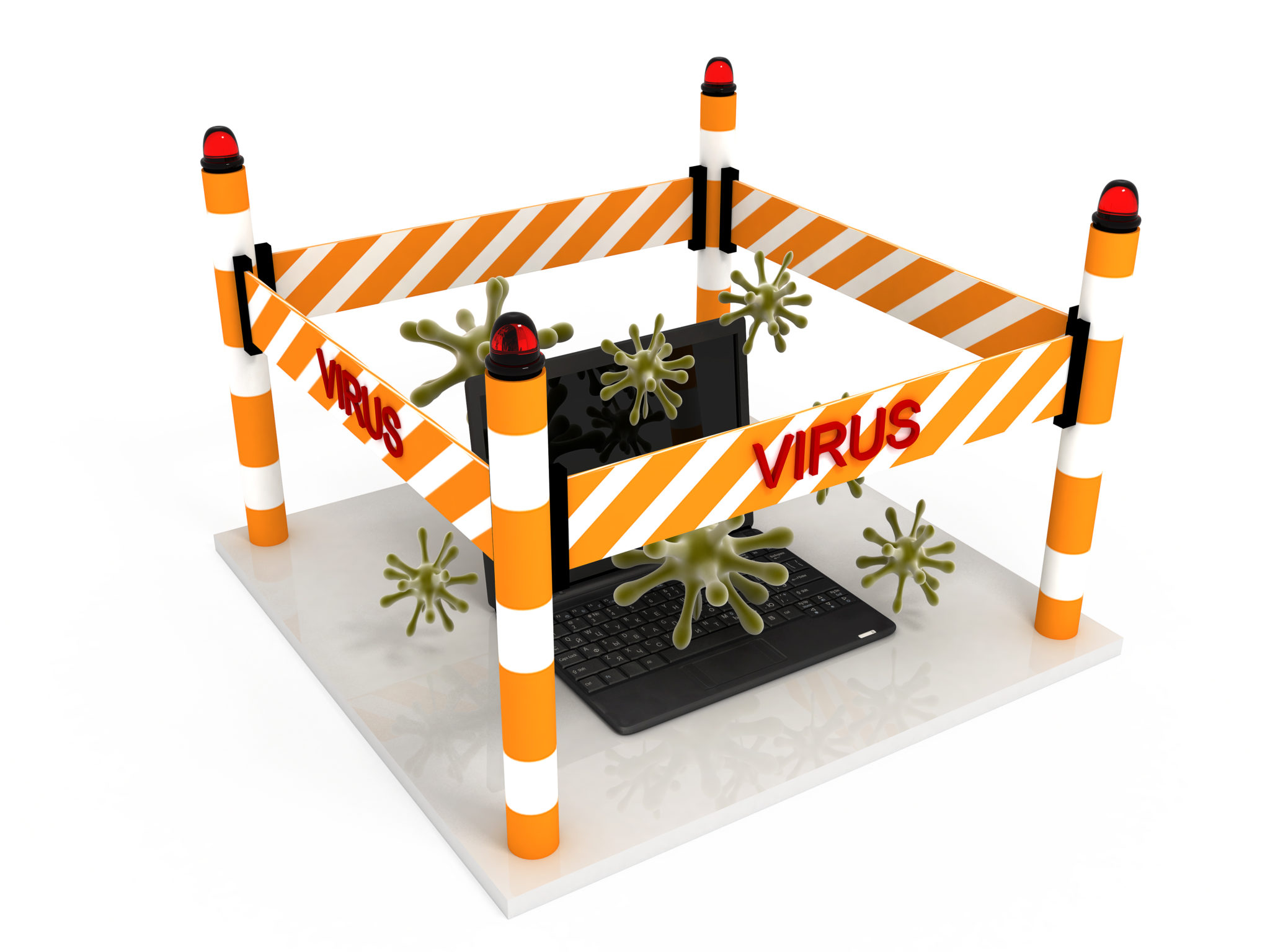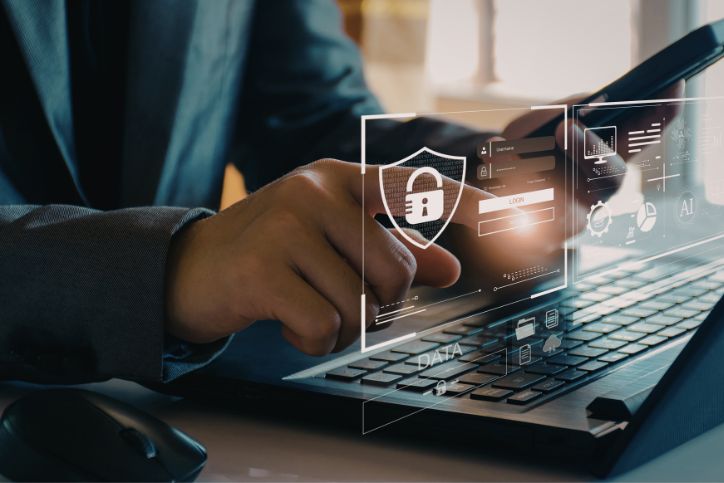Antivirus: Who Do You Trust to Protect Your Computer?

In the modern, interconnected world of technology, there are threats around every corner. Malicious software, phishing websites, scam artists, ransomware developers, and other unpleasant things lie in wait for the unwary consumer at every turn. In this confusing mass of possible threats, you have to rely on your antivirus program to both warn you of possible dangers and prevent their intrusion into your daily life. But which antivirus program should you trust? There are many choices in the wild, but not all antivirus programs are created equal. Let’s take a look at the major features for antivirus programs.
Table of Contents
ToggleProtection
This is why you bought an antivirus program, after all. It’s supposed to protect you from intrusions, malware, and your own ignorance as thoroughly and efficiently as it can. Unfortunately, a lot of antivirus programs make a big show of protecting you while neglecting to block the more subtle and nefarious threats. You need an antivirus program that’s been proven to accurately detect threats and efficiently block them.
Detection Rate
Detection is different from protection: protection is active, finding new threats as they arrive or blocking intrusions or malicious websites. Detection is the ability of the antivirus program to accurately tell the difference between good and bad files and remove them. Some antivirus programs are really good at detection, while other are really good at protection: you need a program that’s good at both, or you’ll become vulnerable.
Scan Speed
The amount of time a program takes to detect and remove threats across your entire operating system is very important. The faster a program scans, the sooner you can get back to your daily pursuits without being interrupted by slowdowns. This also applies to active scanning (protection); the faster your antivirus scans, the faster you can launch that installer you need or open your bank statement.
False Positives
Sometimes, perfectly normal programs can appear to be viruses due to a bug in their programming or an error on the part of the antivirus program. A key feature of most reputable antiviruses is that they’re optimized to accurately identify potential threats and ignore legitimate programs the first time.
Resource Usage
Active protection and scheduled detection operations can use a lot of system resources, making your computer slow down while you’re just trying to browse the web, send emails, or play games. It’s essential, therefore, that an antivirus program be designed to run as efficiently as possible, using the fewest amount of system resources to do its job and no more.
Noisiness
This, of course, doesn’t mean actual physical noise; it has to do with onscreen clutter, intrusive alerts, and constant pop-ups. Now, of course you would want to be alerted if the program you’re about to run is malicious, or if the website you’re trying to visit is dangerous; but you don’t need a popup every time you download a file telling you that your antivirus is scanning, or an alert every time a scan finishes with no detections. An antivirus program should be unobtrusive, alerting you only when necessary or when it needs your input.
Why choose Geeks 2 You Antivirus?
Our antivirus solution is built on the Bitdefender engine and was originally designed for use in corporate environments – environments that require a far higher level of security than the average consumer does, but also require their programs to be lightweight and unobtrusive. Geeks 2 You Antivirus meets all of the criteria listed above, and then some; and it’s a very affordable $7.50 a month. If you’re in need of an antivirus program, give us a call today so one of our experienced technicians can install it!
Instant Quote
Get A FREE Quote IMMEDIATELY
Other Blogs You May Be Interested In
Categories
Satisfaction Guaranteed
Computer Repair You Can Trust













